From Teacher to Neurolanguage Coach®

A Transformational Journey Rooted in Emotional Intelligence, Neuroscience and Professional Coaching
For many language educators, becoming a Neurolanguage Coach® is more than professional development – it’s a personal and profound transformation.
Over the years, we’ve had the privilege of guiding experienced language teachers through our training programme. Watching them evolve – shifting from traditional teaching to brain-friendly language coaching – is not only inspiring, it’s evidence of how impactful this approach truly is.
But what exactly changes?
Let’s explore the shift.
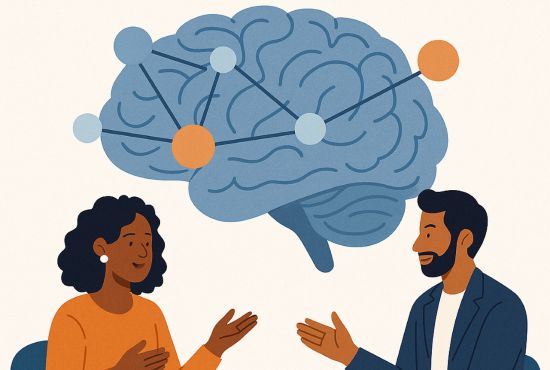
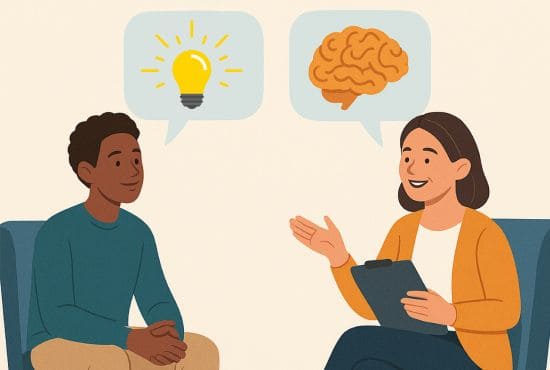
🎯 Honouring the Teacher, Embracing the Coach
First things first: we deeply respect the vocation of teaching. Every Neurolanguage Coach® comes from a teaching background – and we never ask anyone to abandon that.
In fact, one essential element of Neurolanguage Coaching® is still the teaching of language.
What changes is how we deliver that learning process.
As coaches, we introduce a whole new dimension—using:
✅ Professional Coaching principles and ethics (ICF coaching approach)
✅ Goal-setting frameworks
✅ Neuroscientific understanding of how the brain learns
✅ Compassionate, learner-led conversations
This fusion transforms lessons into empowering learning experiences.

🧠 Inner Awareness: The Brain Behind the Learning
One of the most impactful shifts occurs at the cognitive level.
Many teachers entering the course have never studied how the brain learns. But once they discover the neuroscience and neuropsychology behind memory, motivation, emotional regulation, neuroplasticity and metacognition a new world opens up. But even more importantly, they don’t just learn to regurgitate the theory, they learn how to live it, embody it and implement it in everything that we do.
Among other things, they learn:
🧠 How stress and the limbic system can hinder learning
🧠 That no two brains are alike – and therefore no two learners are alike
🧠 How to keep the brain in a calm, optimal “learning state”
This new awareness enhances sensitivity and changes how coaches interact with every learner. It’s a game-changer for creating lasting, positive learning environments.
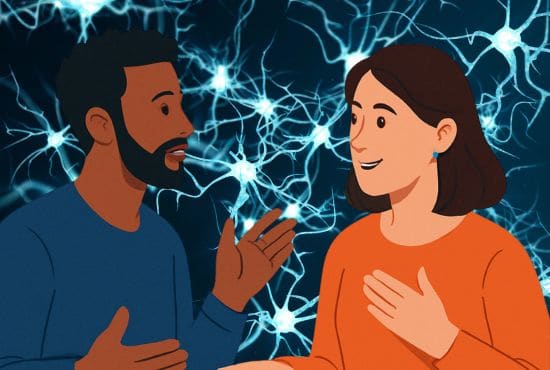
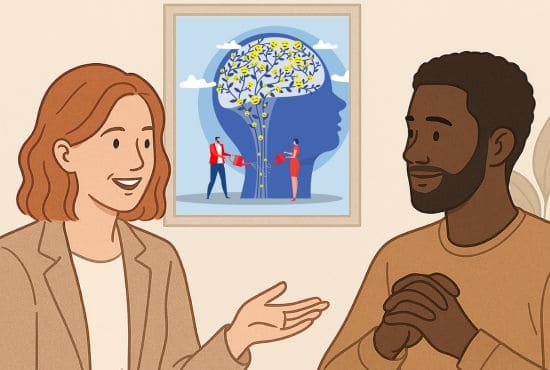
🗣️ The Power of Coaching Conversations
Neurolanguage Coaches move away from directing and correcting, and instead learn how to facilitate powerful coaching conversations.
They guide the learner to:
✅ Reflect metacognitively (become self-aware!)
✅ Set goals, actions and conduct goal reviews
✅ Solve challenges and troubleshoot learning blocks or issues
✅ Track progress
Many of the teachers who have transformed on our courses say that they’ve completely changed their communication style. They no longer jump in with corrections or questions. Instead, they encourage learners to lead—and in doing so, they boost learner autonomy, ownership, and confidence.
The results?
Faster progress. Greater retention. More empowered learners. (obviously it depends on each individual learner, but we learn how to gently stimulate and provoke along the way!)

👂 Listening on Multiple Levels
Active listening becomes a superpower.
Neurolanguage Coaches are trained to listen:
👂 For meaning and emotional nuance
👂 For the paralinguistics and non-verbals
👂 For negativity and self-judgement
👂 For grammatical errors and patterns
It’s not about mentally planning the next instruction. It’s about staying fully present, understanding how the brain processes language, and then responding in a way that supports brain-based learning.
This depth of listening leads to better feedback, more effective correction, and stronger connection.
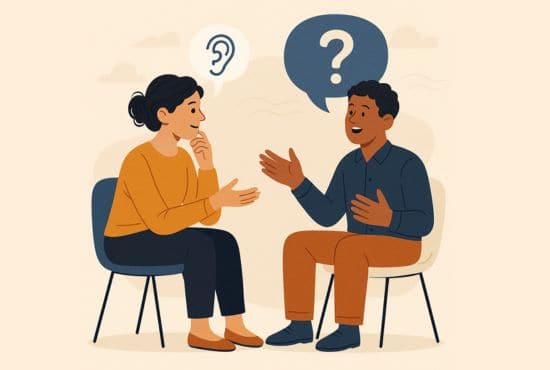
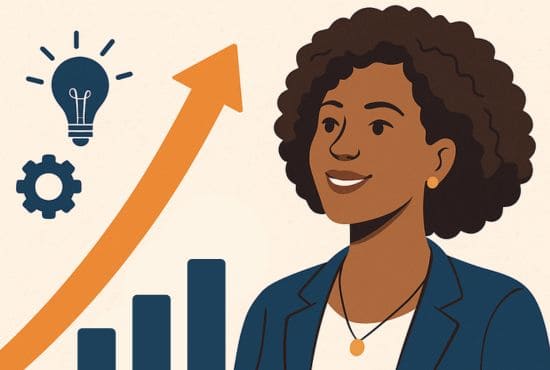
🧠 From Competence to Mastery
The ultimate goal of Neurolanguage Coaching® is to help the learner reach unconscious competence—a state where language flows naturally and effortlessly.
We understand how the brain hardwires learning into long-term memory.
By embodying the “neuro”, coaches learn how to:
✅ Help strengthen memory connections
✅ Activate repeated practice pathways
✅ Use attention and focus to deepen retention
This is how we move beyond language “learning” and into language “mastery.”

🧩 Brain-Friendly Structure and Tools
The Neurolanguage Coaching® method also provides a structured framework that supports both the coach and the learner.
Students receive:
✅ Clear session templates
✅ Coaching forms and goal-tracking tools
✅ A consistent yet flexible session structure
✅ Guidance on how to stay brain-friendly and be the “professional language coach” every step of the way
Many teachers say this structure reduces their workload and increases their effectiveness—especially when juggling multiple learners.
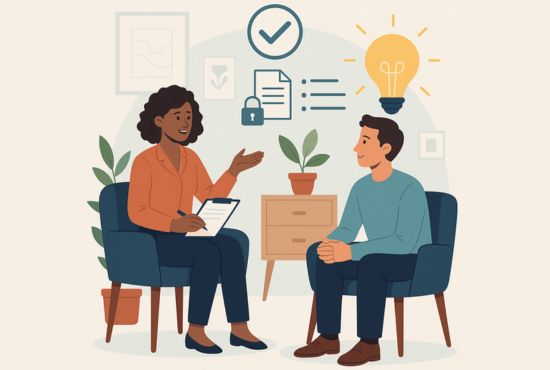
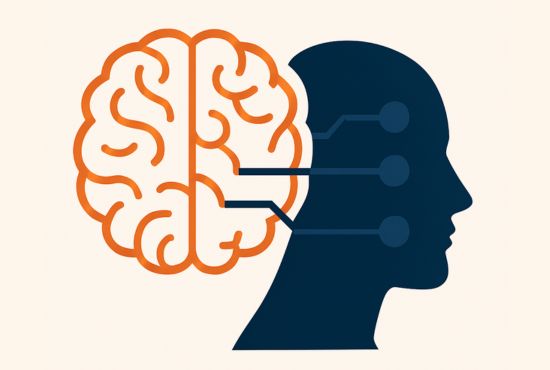
🌱 Letting Go of Ego, Empowering the Learner
This transformation also involves a mindset shift.
The coach no longer sees themselves as the expert who must do everything. Instead, they take a step back—becoming a facilitator and catalyst. The learning belongs to the coachee.
And that’s where the magic happens.

🧑🏫 After the Transformation, You Become…
✅ Deeply aware of how the brain learns
✅ Emotionally attuned to learner reactions
✅ More empathetic and less directive
✅ Skilled in asking powerful questions
✅ A master of active, multiple-level listening
✅ A goal-setting guide—not a grammar enforcer
✅ Equipped with a clear coaching structure
✅ A trusted partner in the learner’s journey
You become more than a teacher.
You become a Neurolanguage Coach®.
Find out more about the transformation by reading the second edition of Rachel’s book – Neurolanguage Coaching: Brain Friendly Language Learning – click here
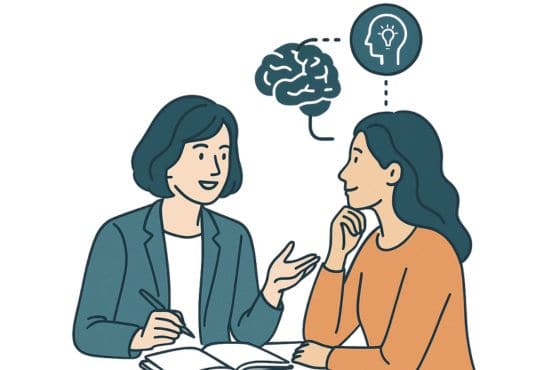
💬 Hear It From Our Neurolanguage Coaches
🎓 Ready to Learn More?
Deep dive into Neurolanguage Coaching by reading the second edition of Rachel’s book – Neurolanguage Coaching: Brain Friendly Language Learning – click here
Explore our accredited courses and start your journey to becoming a certified Neurolanguage Coach® – click here
Take the FREE Introduction to Neurolanguage Coaching E-Course to get a taste of what it is all about! – click here
Register for the „Why is Neurolanguage Coaching Different?” Webinar with Rachel Paling – click here